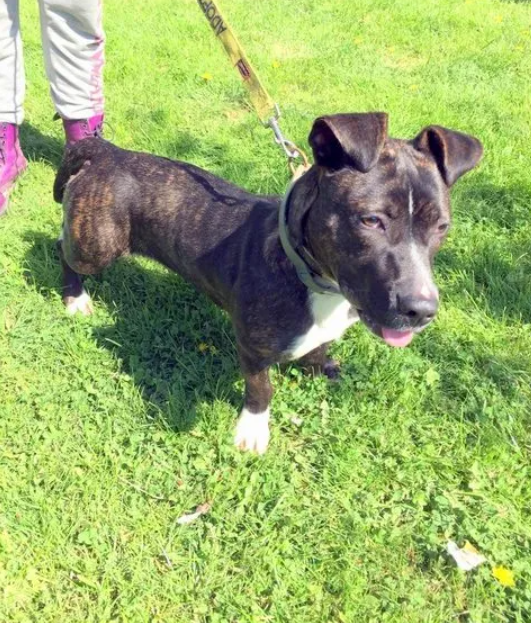Teaching your puppy how to play is an integral part of their daily routine, offering both physical exercise and vital social interaction with owners and other dogs. While puppies may initially be exuberant in play, it’s important to establish a balanced and controlled approach to ensure a rewarding experience for both you and your pet.
Choosing suitable games depends on your puppy’s breed and temperament, and it’s crucial to manage play to prevent overstimulation and frustration. Supervision is essential, especially when young children are involved.

Understanding your puppy’s breed characteristics helps set realistic expectations for play. For instance, while some breeds excel at fetch, others may prefer interactive games like shake and kill. Involving humans in activities like tug of war is generally discouraged to maintain a calm and controlled play environment.
When training your puppy, focus on building trust and consistency through positive reinforcement rather than punishment or force. Consistency among family members in training methods and establishing clear boundaries is key to preventing behavioral issues stemming from confusion and anxiety.
By fostering a positive and consistent approach to play and training, you can strengthen the bond with your puppy and lay the foundation for a harmonious relationship based on trust and understanding.